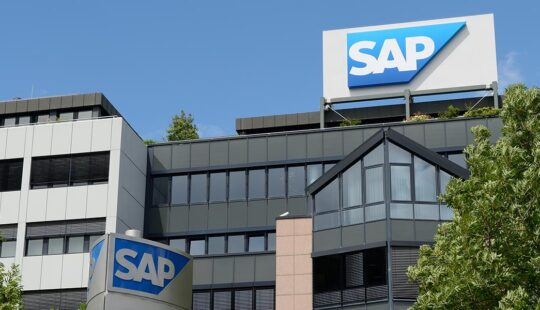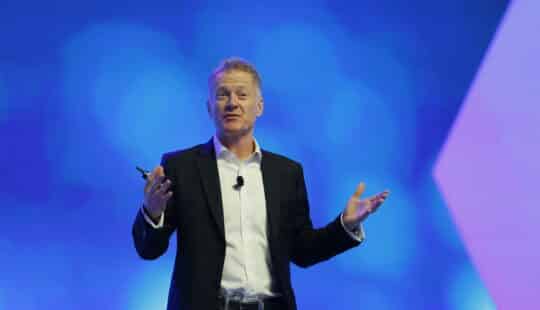By Jitu Agrawal, Head of Cloud ERP, Mid-Market – Asia Pacific and Japan, SAP
Supporting a technologically maturing workforce will always be a priority for IT leaders. But lately, a new test is emerging that can put them front and center of a recovery from an anything-but-certain economy.
In recently published research, Oxford Economics revealed that sustained growth and strong customer relationships are increasingly urgent for medium-size businesses seeking operational resilience as a competitive edge. Approximately one-third of surveyed IT leaders are getting the message – prioritizing strategic priorities around growth (35%) and the customer experience (33%) ahead of traditional concerns such as innovation, productivity, efficiency, and business transformation.
Elevating the role of IT
When investing in new technology to support the ability to scale customer experience to drive business growth despite wild fluctuations in demand and market dynamics, medium-size businesses have an endless array to consider. Approximately half of IT leaders shared with Oxford Economics that their organizations are using a mix of ERP software, mobile technology, process automation, and e-commerce platforms either at scale or for some applications or projects. Meanwhile, less than one-quarter are using artificial intelligence, machine learning, or the Internet of Things in some areas.

Source: “The Agility Engine,” Oxford Economics, sponsored by SAP, 2020.
A variety of solutions work together to provide the online experience that customers increasingly demand. But to deliver such advanced digital experiences, IT leaders and the senior managers they support should consider moving away from siloed organizational management.
When organizations hold total control of specific responsibilities and data, medium-size businesses cannot fully realize the full potential of connected technologies. For example, letting the finance team exclusively hold the reins on transactions and reporting eliminates any opportunity to lower spend and ensure compliance across the business. The same can be said for marketing organizations that do not share customer data outside of themselves and their sales counterparts, which often leads to inefficient management of functions such as the supply chain and HR.
Connecting every business function is essential to enable the process improvements and innovation needed to build a resilient, long-term foundation for a scalable customer experience. Oxford Economics research indicates that more than half of surveyed IT leaders use ERP software to some degree – whether scaled business-wide or in some applications or projects.
This approach enables IT leaders to deliver on a range of requirements to expand into new markets, introduce new products, and increase headcount. They include strengthening 24/7 service availability and cybersecurity; improving data collection, storage, and analysis; and integration with market-standard interfaces.
Consider how Zalora Group keeps up with the pace of its already explosive growth and expansion across eight markets with an intelligent ERP explicitly designed for merchandise management. This approach helps the Southeast Asian online fashion retailer automate and streamline its processes and support future innovation across multiple businesses and delivery models. The company is also leveraging real-time reporting and analytics to stay ahead of trends and give millions of customers what they want along each step of the shopping journey.
By using an intelligent ERP solution, companies such as Zalora Group, benefit from a comprehensive, yet flexible, platform to navigate unforeseen challenges and sense new opportunities. The entire business – from sales and finance to supply chain management and logistics – can scale up and down, when needed, to adapt to changes in demand, supply, and operational scope without significant resource investments.
Setting the foundation for long-term resilience
Without question, IT leaders have a tremendous opportunity to prepare their medium-size companies for a sustainable recovery. Choosing the right digital strategies and investments can encourage all business functions to play a role in scaling the customer experience for growth today and in the years ahead.
One such move is adopting intelligent ERP platforms and other digital tools that connect the dots across all data sources and processes. This first step is much more than consolidating data into a unified system. It’s also the gateway to the continual process improvement and intelligent innovation necessary to enhance customer experiences – no matter the economic condition.
Find out how your IT organization can give your medium-size business the resilience, connectedness, and agility to strengthen the customer experience. Read the Oxford Economics study, “The Agility Engine,” sponsored by SAP.



